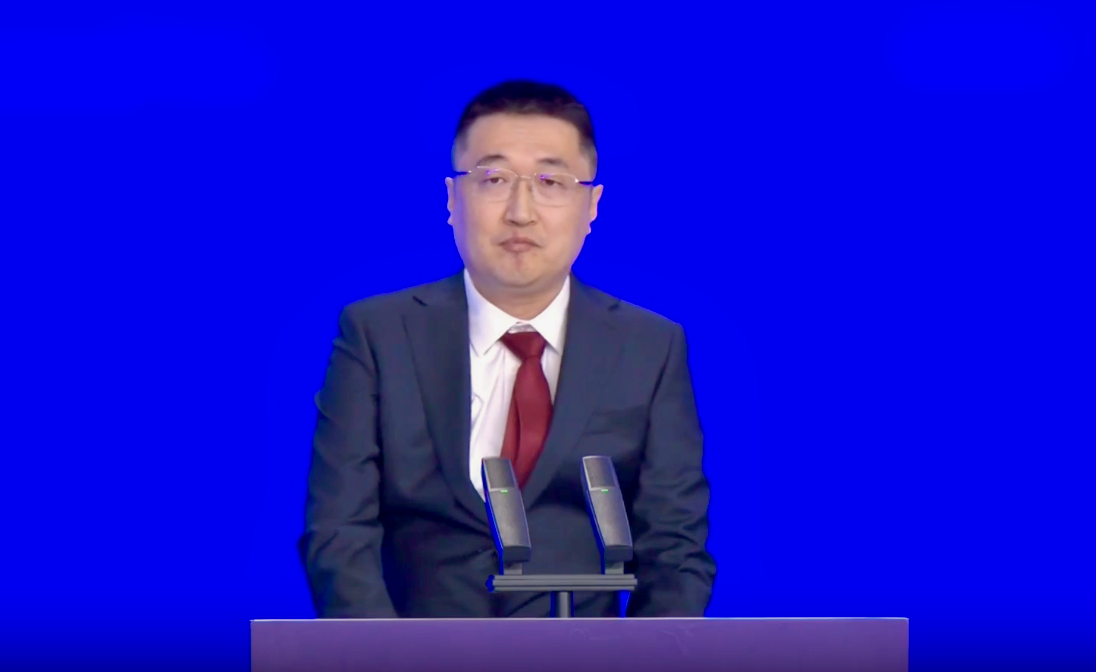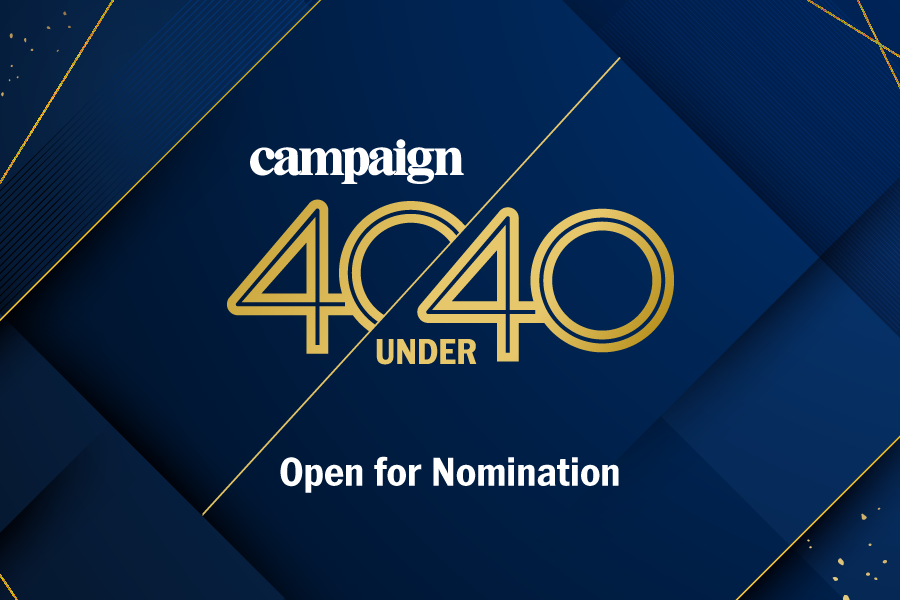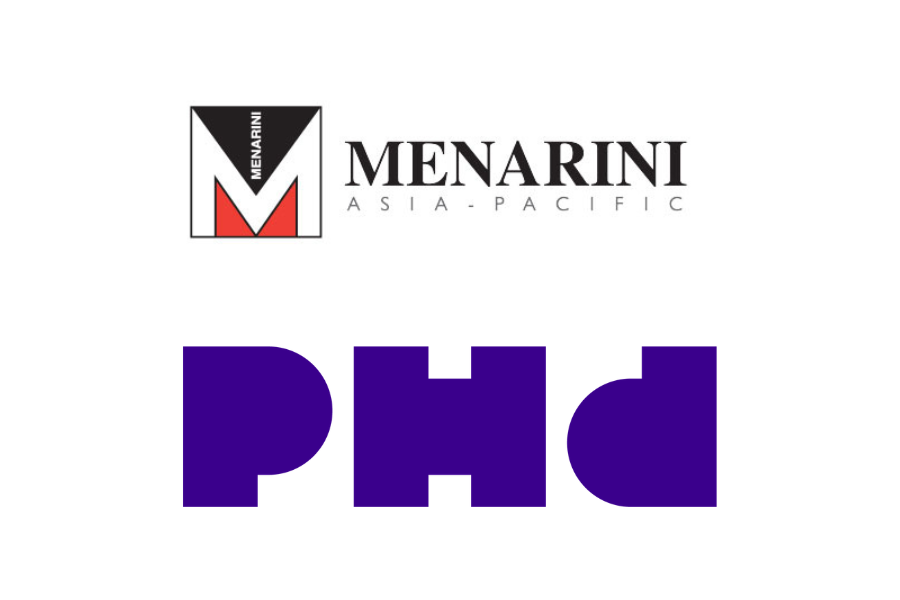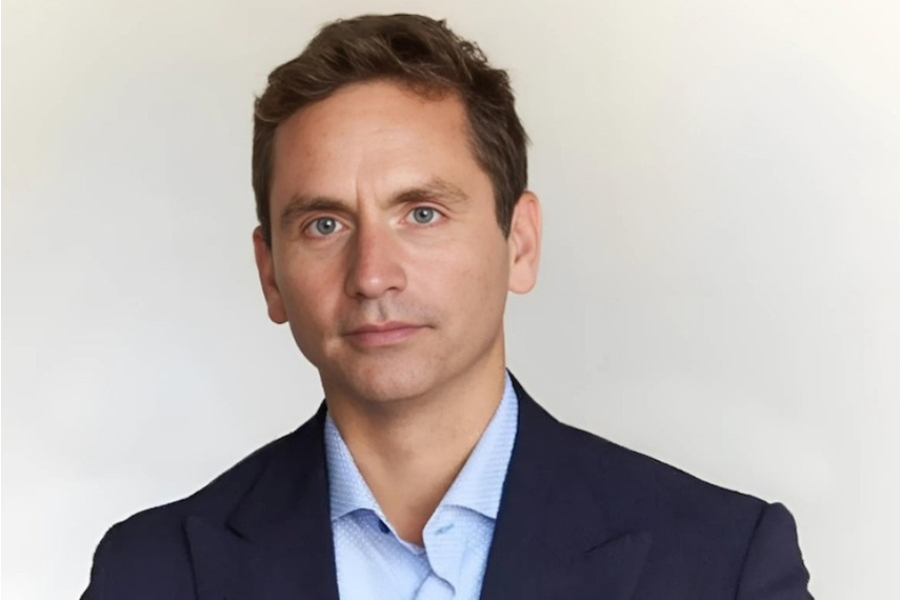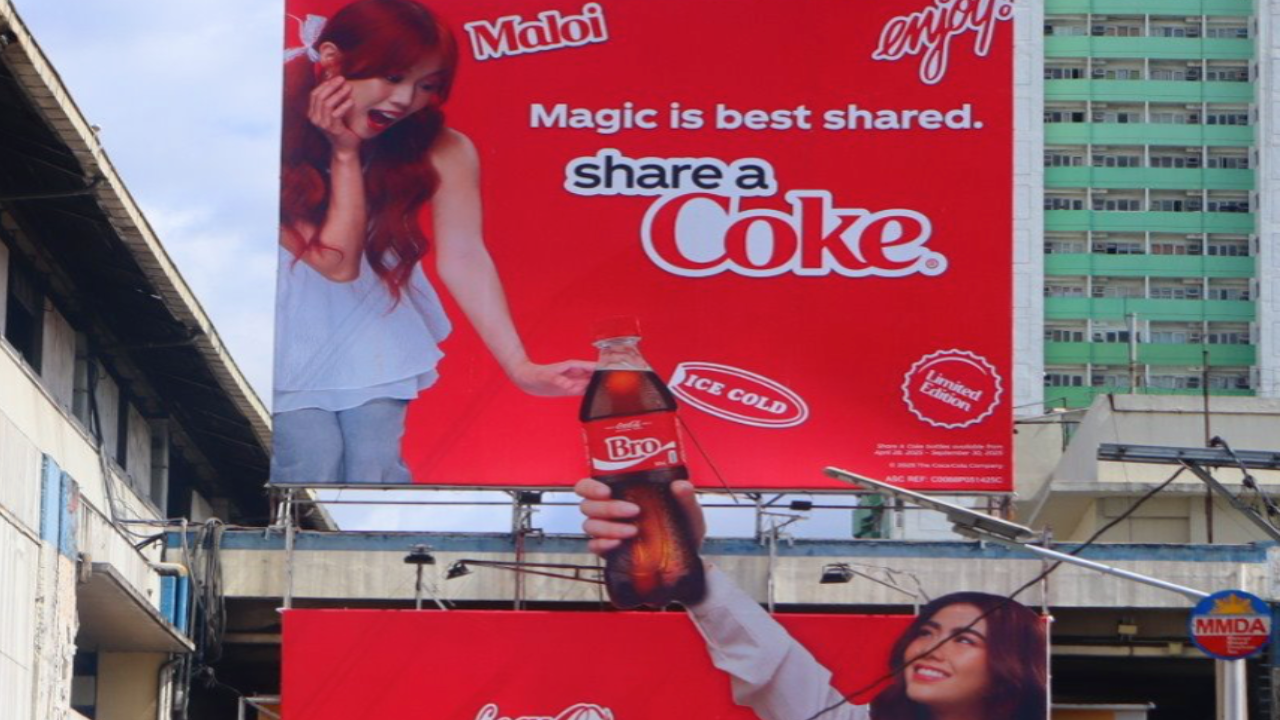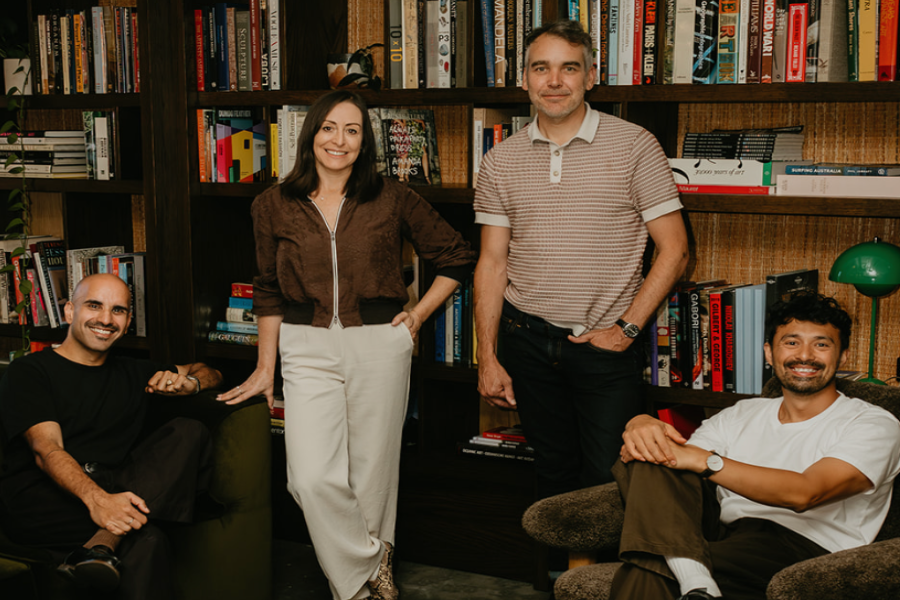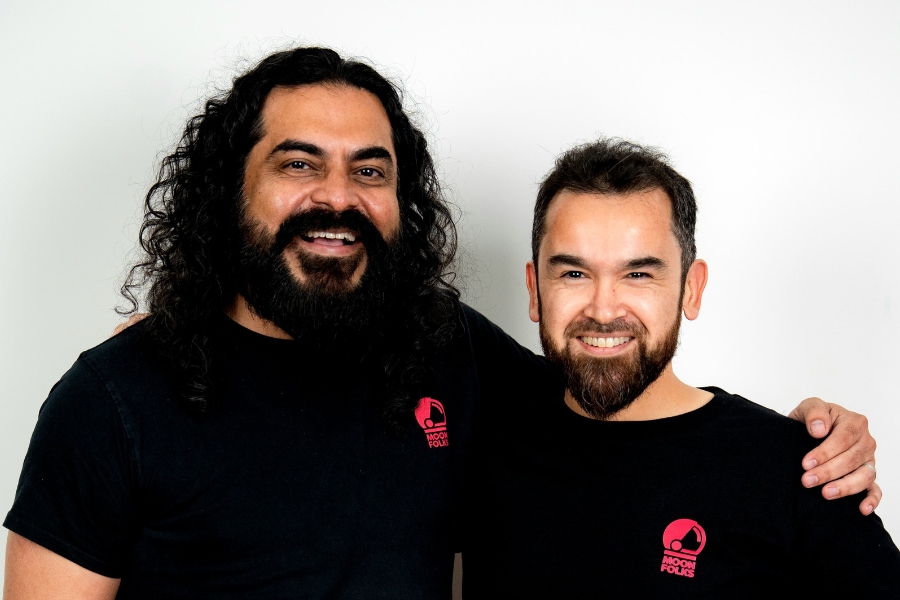Manwani's mission back then wasn't so much about selling a wholesome and desirable world of perfumed fragrance and pristine white linen — a world a million miles from what India's village communities could afford — but about understanding consumers in the developing world.
You could easily dismiss it as public relations — such humble beginnings for the president of Asia and Africa for Unilever makes for a nice story. But, 30 years on, former Hindustan Lever (HLL) executive Manwani says, as clichéd as it may sound, the experience "made me what I am" — that is, one of eight leaders to run the FMCG goliath globally.
Indeed, Unilever's India subsidiary, HLL, is often seen as a grooming ground for top talent that in recent years has been deployed to every global base where Unilever flaunts its banner.
But of the nearly 100 Indian managers who, after varying stints at the local operation, have moved on to Unilever's key bases — from London to Singapore — Manwani is one of the most prominent and high profile names.
Based in the UK with his wife and two daughters, the 52-year-old graduate of Mumbai University has seen the "middle-class" company move, albeit at a rather glacial pace, from being a loosely federated set of local operations into a far more aligned and global business.
The evolution itself, however, has produced its own set of problems, notes Manwani — the most challenging of which, he believes, is running a business operating on a global scale with local roots.
But there are other concerns. Compared with rivals, Unilever has been slow to innovate and it still struggles to convince investors that vim has been injected into the sluggish food and household products company, whose shares have continued to underperform the overall market.
In fact, profits fell 48 per cent in Q3, although sales were up 4.8 per cent. Persil, Ben & Jerry's ice-cream and Pond's may not exactly be flying off the shelves, but Unilever is managing to shift its merchandise quicker than in the past, Manwani is quick to add.
Much of that is down to increased advertising spend. Unilever is notorious for periodically posting impressive sales spurts, only to see demand fizzle away the moment ad budgets dwindle.
However, Manwani is convinced the golden goose is the group's strategy of concentrating its marketing firepower in favoured areas — including emerging markets, which account for 40 per cent of the company's business — to help produce more sustainable sales growth in future.
"We have been in the developing and emerging world longer than any of our key competitors. Whether you take markets like India, Indonesia, South Africa or Brazil, we have operated there for more than 100 years," he says.
"To my mind, that's a huge threat because, as the economic centre of gravity shifts towards the developing and emerging world, we're going to be at a clear advantage. That's the future and it's happening in front of our eyes."
World domination aside, there are other things keeping Manwani up at night.
"One of the most important changes for Unilever has been trying to bring scale and leverage to the way we innovate, market and communicate. Lipton and Dove, for example, are far more globally aligned in the way we communicate these brands," says Manwani, adding that other Unilever labels are still works in progress, moving towards regional or global alignments.
"Advertising, too, is changing. It's no longer about the 30-second spot. It's about finding new, customised ways to reach consumers.
"I'm learning about all of this from my two girls, who keep me on the leading-edge of technology by telling me how digitised music works and what's happening on... now, what do you call it? YouTube and that sort of thing."



